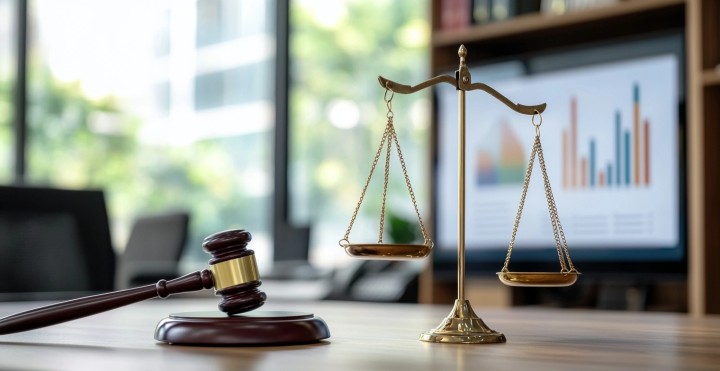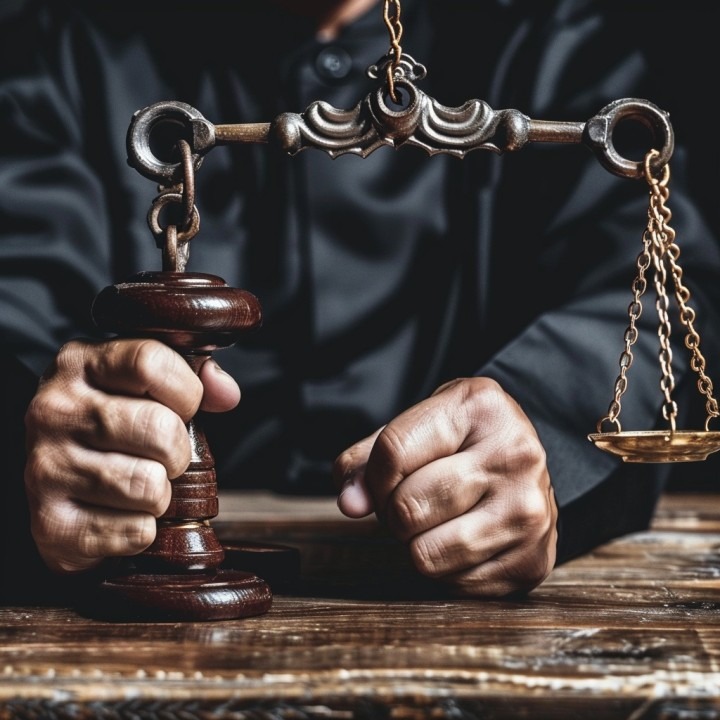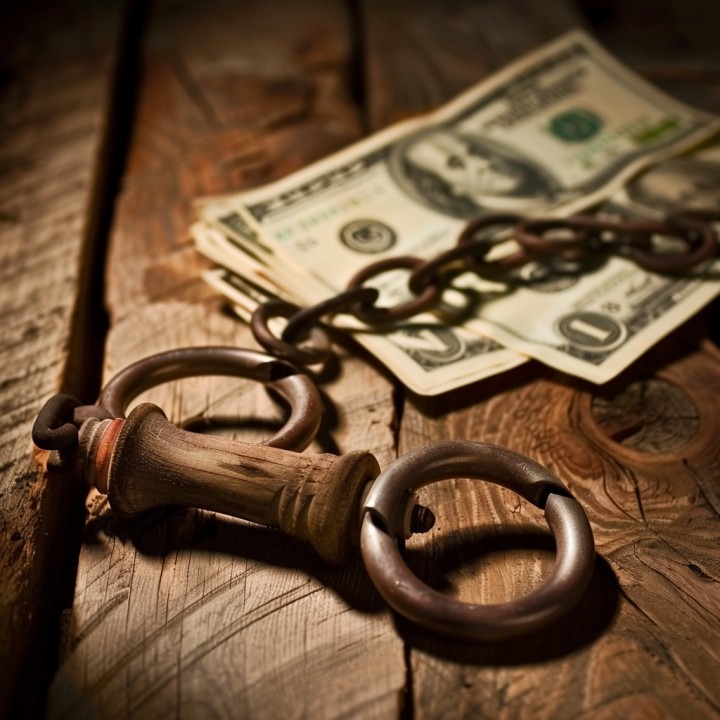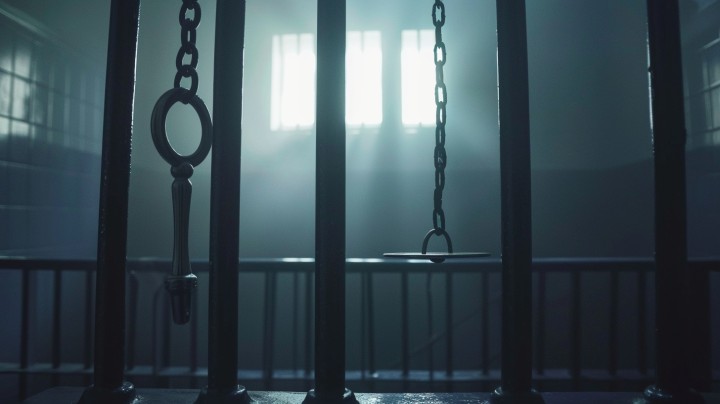Monitoring and Compliance in Bail Conditions: Ensuring Adherence to Judicial Directives
The monitoring and compliance of bail conditions are critical aspects of the bail system, designed to ensure that defendants adhere to the terms set by the court while they are out on bail. Effective monitoring helps maintain the integrity of the judicial process and safeguard the community by reducing the risk of reoffending and ensuring that defendants appear at their scheduled court dates. This article explores the mechanisms and strategies used to monitor defendants on bail and the importance of maintaining strict compliance.
Overview of Monitoring and Compliance
Monitoring and ensuring compliance with bail conditions are fundamental to the bail process, serving both public safety and the legal system’s efficacy. These measures are tailored to individual cases based on the severity of the charges, the defendant’s history, and the potential risk they pose.
Methods of Monitoring Bail Compliance
Various tools and strategies are employed to monitor compliance with bail conditions, each chosen based on the specifics of the defendant’s situation and the conditions imposed.
1. Electronic Monitoring Devices
- Types of Devices: GPS tracking ankle bracelets are the most common form of electronic monitoring, allowing authorities to track the defendant’s movements in real-time.
- Purpose: These devices ensure that defendants do not enter restricted areas and adhere to curfews or travel limitations.
2. Check-Ins with Bail Officers
- Regular Meetings: Defendants may be required to meet regularly with bail officers to confirm their compliance with bail conditions.
- Reporting Requirements: These check-ins can also serve as a way for defendants to report any changes in employment, address, or other conditions that are part of their bail terms.
3. Drug Testing
- Frequency and Randomization: For bail conditions involving substance abuse, regular or random drug testing may be mandated to ensure the defendant remains drug-free.
- Testing Procedures: These tests are typically administered during the defendant’s check-ins with their bail officer or at specified testing facilities.
4. Third-Party Custodians
- Role of Custodians: In some cases, especially with younger defendants or those considered high-risk, a third-party custodian may be appointed to monitor the defendant’s compliance.
- Responsibilities: These custodians report any violations directly to the court and are responsible for ensuring the defendant follows all prescribed bail conditions.
Importance of Compliance
Adhering to bail conditions is not only a legal requirement but also a critical component of the defendant’s ongoing case management.
- Avoiding Revocation: Non-compliance can lead to the revocation of bail, resulting in immediate incarceration.
- Implications for Case Outcome: Compliance with bail conditions can positively influence the perceptions of the judge and prosecution in ongoing and future legal proceedings.
Challenges in Monitoring Compliance
- Resource Constraints: Effective monitoring requires significant resources, which can be a challenge in jurisdictions with limited budgets.
- Technological Limitations: While electronic monitoring is effective, it can also face issues such as equipment malfunctions or signal problems, which need to be addressed promptly to maintain continuous monitoring.
Conclusión
Monitoring and ensuring compliance with bail conditions are essential for balancing the rights of the defendant with the needs of public safety and judicial integrity. Effective implementation of these measures is crucial for the smooth functioning of the bail system and the broader criminal justice process.
Staying Compliant: Tips for Defendants on Bail
For defendants, understanding the monitoring methods and the importance of compliance can significantly impact their ability to maintain bail status and affect the overall outcome of their case.
Frequently Asked Questions
- What happens if I accidentally violate a bail condition?
- How can I ensure compliance with electronic monitoring devices?
- What are the consequences of failing a drug test while on bail?
- Can I request changes to my bail conditions if they are too restrictive?
- What should I do if my electronic monitoring device malfunctions?






